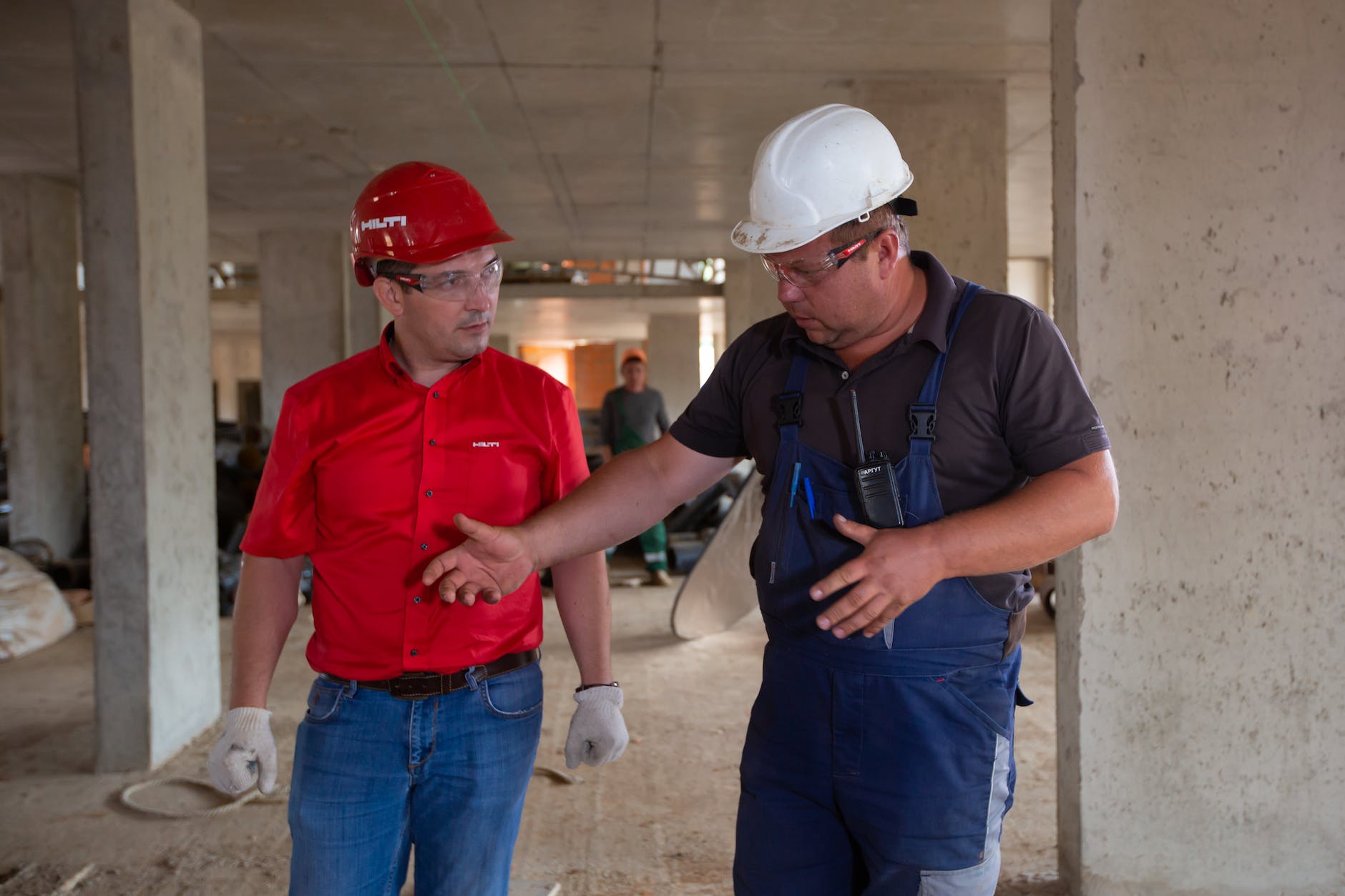
CHSO (Construction Health and Safety Officer): Ensuring Safety on the Job Site
Introduction
Construction Health and Safety Officer : In the fast-paced world of construction, where heavy machinery, hazardous materials, and complex operations converge, the role of a Construction Health and Safety Officer (CHSO) has become indispensable. The CHSO is a dedicated professional responsible for safeguarding the well-being of workers, preventing accidents, and ensuring compliance with health and safety regulations. This article delves into the critical responsibilities of a CHSO, the qualifications required for the role, and the significant impact they have on the construction industry.
The Vital Role of a CHSO
Implementing Safety Protocols
At the heart of a CHSO’s responsibilities lies the implementation of rigorous safety protocols. They meticulously analyze construction sites to identify potential hazards, such as uneven terrain, electrical wiring, and precarious scaffolding. By doing so, they create comprehensive safety plans that outline precautionary measures and emergency protocols. These measures not only mitigate the risk of accidents but also instill a culture of safety among all workers.
Monitoring Compliance
CHSOs act as watchdogs, consistently monitoring construction sites to ensure adherence to safety regulations. This involves conducting routine inspections and audits to identify any deviations from established protocols. By addressing non-compliance promptly, CHSOs prevent accidents, fines, and project delays, ultimately contributing to the overall success of a construction project.
Qualifications and Skills
Education and Training
Becoming a CHSO requires a combination of education and training. Most professionals in this role possess a bachelor’s degree in fields like occupational health and safety, construction management, or engineering. Additionally, obtaining certifications such as the Certified Safety Professional (CSP) or the Construction Health and Safety Technician (CHST) further enhances credibility and expertise.
Analytical Skills
An effective CHSO possesses strong analytical skills to identify potential hazards and assess risks accurately. This involves understanding intricate construction processes, recognizing potential danger points, and devising strategies to mitigate them. The ability to think critically and make informed decisions under pressure is essential in this role.
Impact on the Construction Industry
Reduced Accidents and Injuries
The presence of a CHSO on a construction site significantly reduces the occurrence of accidents and injuries. Their proactive approach to safety, coupled with continuous monitoring, ensures that workers are equipped with the necessary knowledge and protective gear. This not only preserves human lives but also minimizes downtime caused by accidents.
Enhanced Reputation
Construction projects led by CHSOs are more likely to garner positive attention due to their commitment to safety. Clients, investors, and stakeholders are reassured by the presence of a dedicated professional overseeing health and safety aspects. Consequently, construction companies with a strong safety record can attract more business opportunities.
The Human Touch of a CHSO
Building Relationships
CHSOs not only interact with construction crews but also foster relationships with regulatory bodies and local authorities. Effective communication and collaboration ensure that all parties are aligned with safety standards, and any concerns are addressed promptly. This holistic approach contributes to the seamless execution of projects.
Training and Awareness
One of the most impactful aspects of a CHSO’s role is their involvement in training programs. They conduct workshops and sessions to educate workers about safety measures, emergency response, and the proper use of equipment. This hands-on approach empowers workers to take ownership of their safety and that of their colleagues.
Conclusion
In the dynamic world of construction, the CHSO stands as a guardian of well-being, a promoter of compliance, and a catalyst for positive change. Their commitment to creating safe and secure job sites reverberates across the industry, ensuring that construction projects are not only successful but also prioritize the lives of those who build them.
Safety Engineer Roles and Responsibilities
Safety Officer Salary in Canada
Safety Officer Career in Canada
How Much Does a Fresher Safety Officer Earn in Canada?
Qualification of a Certified Safety Officer
FAQs (Frequently Asked Questions)
- What is the primary role of a CHSO? A CHSO’s primary role is to ensure the health and safety of workers on construction sites by implementing safety protocols, monitoring compliance, and mitigating potential hazards.
- What qualifications are necessary to become a CHSO? To become a CHSO, individuals often need a bachelor’s degree in fields related to health and safety, construction management, or engineering, along with relevant certifications such as CSP or CHST.
- How does a CHSO impact a construction company’s reputation? A CHSO enhances a construction company’s reputation by showcasing its commitment to safety, which attracts clients and stakeholders and sets the company apart from competitors.
- What is the significance of CHSO-led training programs? CHSO-led training programs empower workers with knowledge about safety measures, emergency response, and equipment usage, fostering a culture of safety on construction sites.
- How does a CHSO contribute to accident prevention? CHSOs contribute to accident prevention by identifying potential hazards, implementing safety measures, and conducting regular inspections to ensure compliance with safety regulations.
























